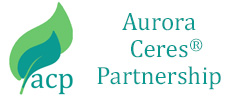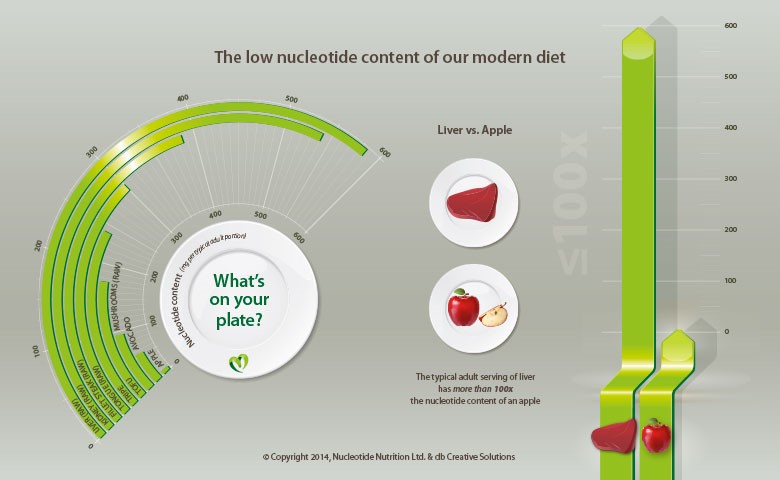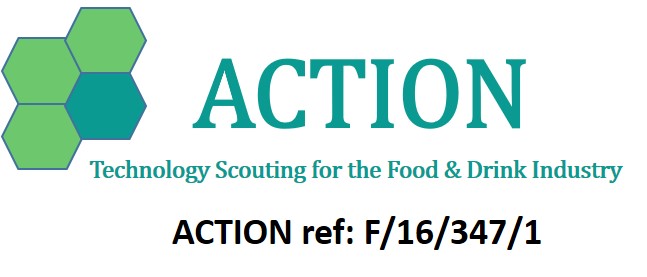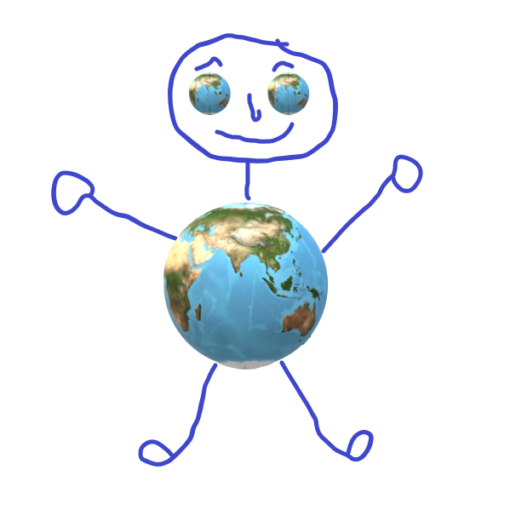Seaweed, the Food of the Future – Today
Seaweed is no longer only perceived by many just as the stuff you see at the seaside, but increasingly as an incredibly nutritious, tasty and natural sustainable food and ingredient.
With over 10,000 species globally, seaweed is a diverse group that offers numerous benefits. These include sources of protein, vitamins, minerals, trace elements and antioxidants; and in levels that are unmatched in land-plants. In addition to specific nutrition, properties of seaweeds are being discovered that could tackle obesity, diabetes, viruses and many other health concerns.
These are all from a natural food, abundant around our coast, which can be used to enhance flavours in food and replace salt.
Surely this is too good to be true!
Seaweed not only offers the potential to deliver on all these benefits, but is already delivering on many. Sustainable, high quality and British sourced seaweed foods and ingredients are on the supermarket shelves offering functional benefits such as salt replacement, and meeting the increasing trend to have seaweed in the daily diet.
Other benefits are part of applied research all around the world, and demonstrating huge promise.
Whilst the seaweed industry is experiencing very positive growth, there remain challenges to a nascent industry in the West particularly. For manufactures and consumers, knowing the source and quality of supply is essential. Some species, for example, are excellent, but not scalable from wild supply and therefore not suitable to even small-scale production when consistency of supply is important. There are though, some highly scalable and sustainable sources and species that from British waters, with accredited batch analysis, relevant certification, and supplied from highly expert seaweed companies.
The future of this type of wild harvested seaweed is very strong, and will undoubtedly be complemented with cultivated varieties, where farming can meet the increasing market demand of a wide range of seaweeds in sustainable ways. Seaweed aquaculture is really just catching up with modern agriculture, which where the vast majority of our foods come from, with limited wild input.
For further details please contact:
Dr Craig Rose, aka Doctor Seaweed of Seaweed & Co. Ltd who offer advice, supply and accreditation. www.seaweedandco.com and follow on twitter @doctorseaweed





